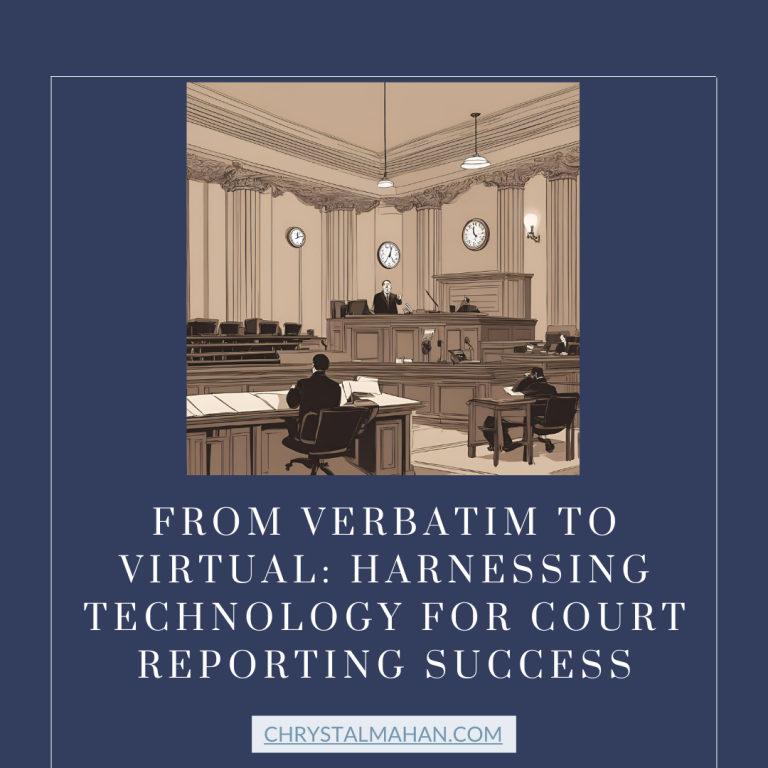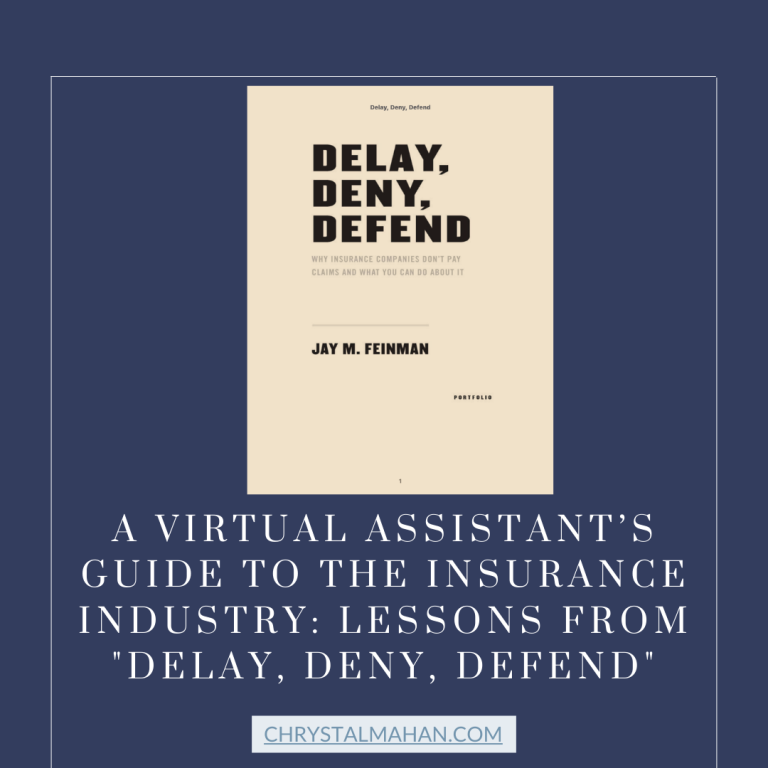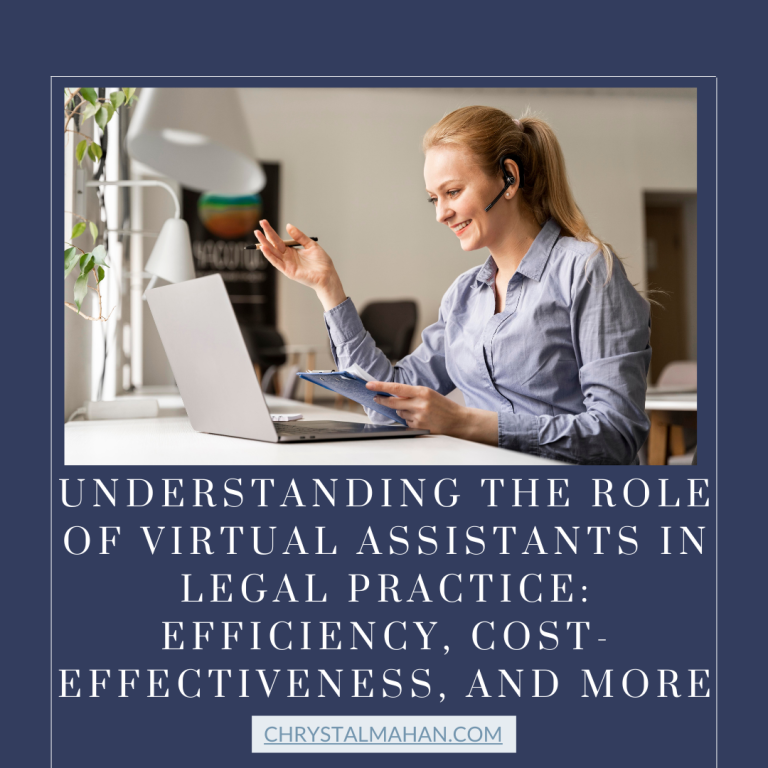The Essential Guide to Scoping for Court Reporters
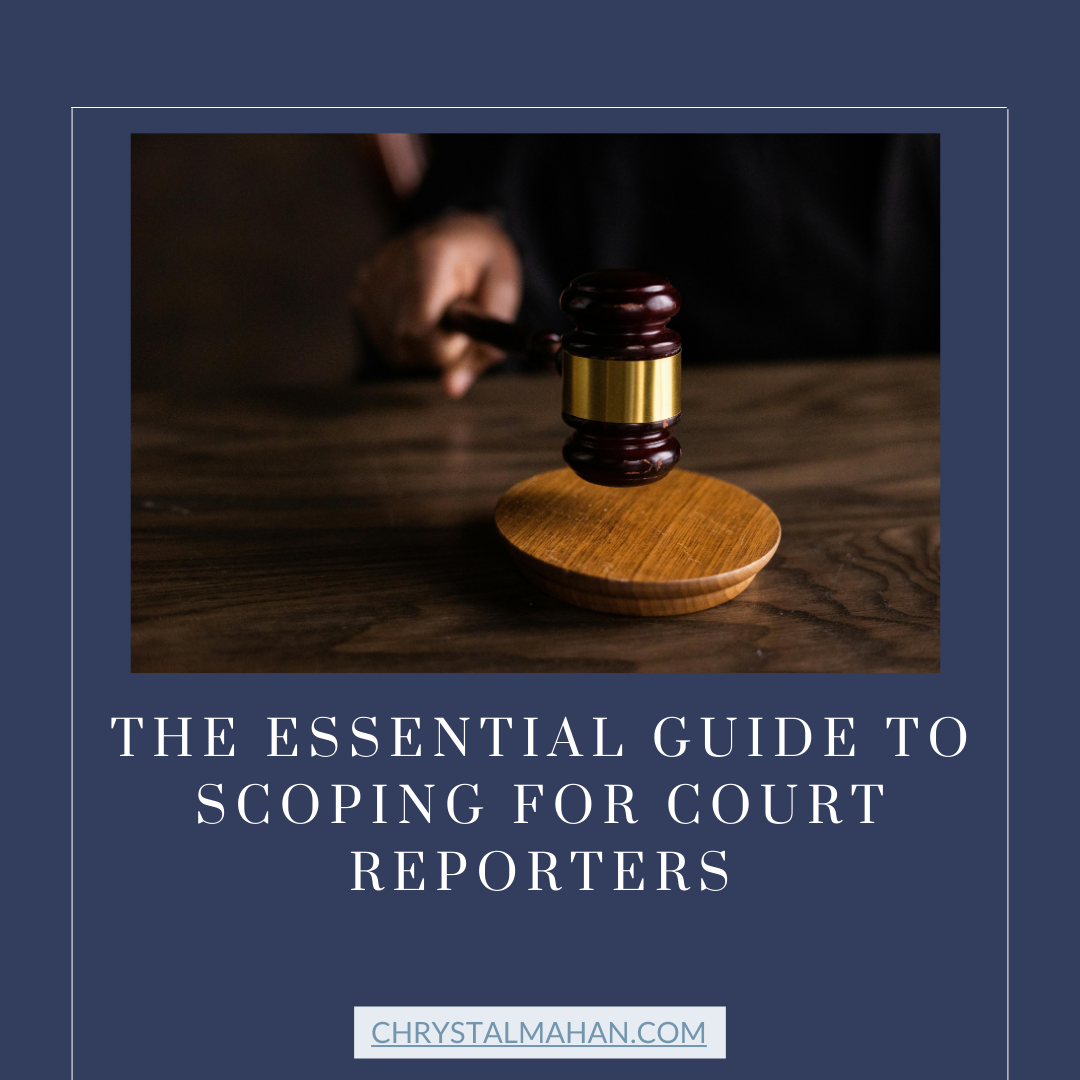
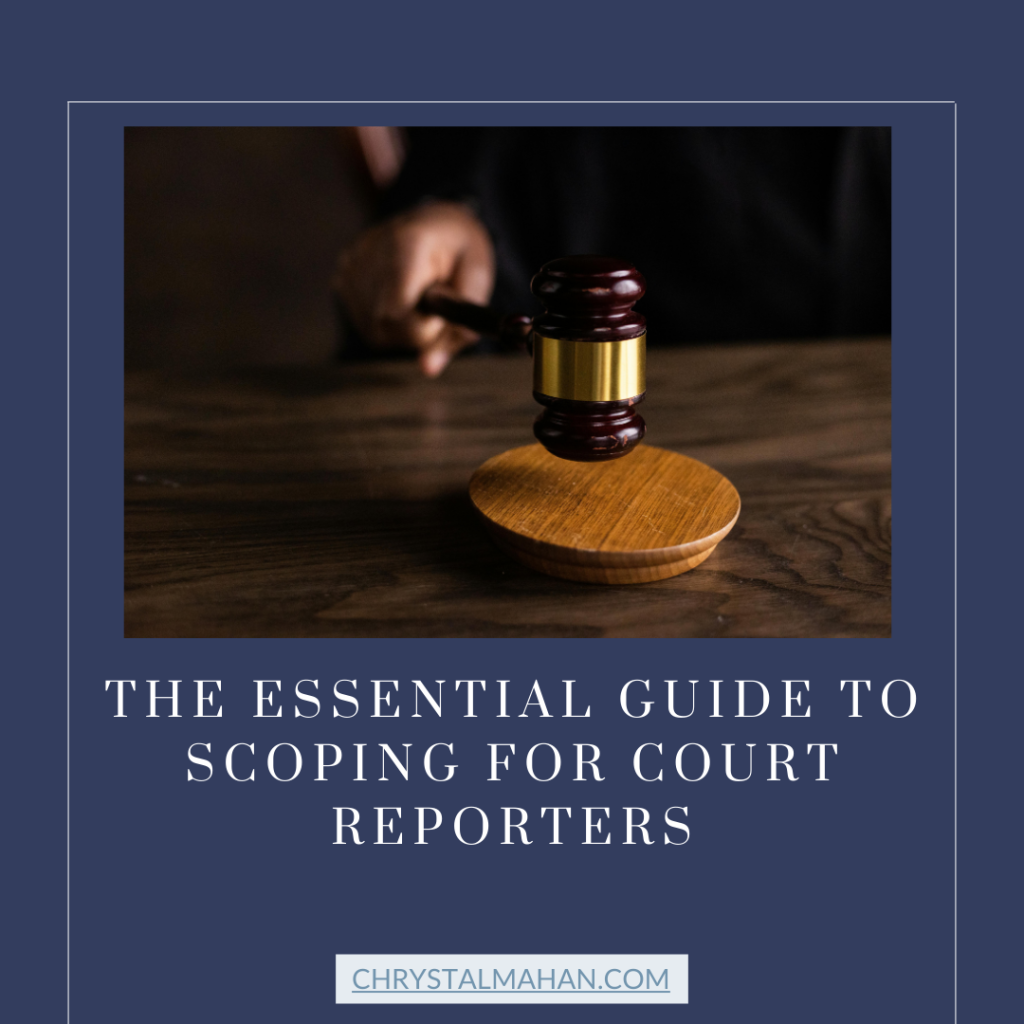
In the fast-paced world of legal proceedings, accuracy is everything. Imagine the critical details of a high-stakes trial hinging on a single misheard word or a misunderstood phrase. The stakes are high, and the need for precision is paramount. This is where scoping comes into play—a behind-the-scenes yet essential component of court reporting that ensures every word is correctly transcribed and every nuance captured.
Meet Sarah, a dedicated court reporter who prides herself on her impeccable record. Despite her expertise, the sheer volume of her workload leaves little room for error. One day, she faces a particularly challenging case with complex legal jargon and fast-paced dialogue. Overwhelmed and stressed, Sarah realizes she needs a partner in accuracy—a skilled scopist who can meticulously review and polish her transcripts, ensuring nothing is lost in translation. This collaboration elevates Sarah’s work and brings peace of mind, knowing that every transcript is flawless.
If you’re a court reporter like Sarah or intrigued by the meticulous art of scoping, this guide is for you. We’ll explore the crucial role of scopists in the legal field, the importance of their work, and the skills needed to excel. Whether you’re considering a career as a scopist or looking to enhance your skills, this comprehensive guide will provide the insights and tools you need to succeed. Dive into the world of scoping and discover how you can significantly impact ensuring the integrity of legal transcripts.
Understanding Scoping in Court Reporting
Scoping Defined
Scoping involves reviewing and editing transcripts produced by court reporters to ensure they are accurate and complete. This process includes verifying spelling, punctuation, and grammar and ensuring that the transcript accurately reflects the spoken words from legal proceedings. Scopists work closely with court reporters, often using specialized software to facilitate the review process.
The Role of a Scopist
A scopist’s primary responsibility is to act as a second set of eyes for court reporters, catching errors that might have been missed. They must have a keen eye for detail and a strong understanding of legal terminology and procedures. Scopists often work remotely, allowing court reporters to focus on capturing accurate transcripts during live proceedings.
The Importance of Scoping in the Legal Field
Ensuring Accuracy
Accuracy is paramount in legal proceedings, where even a minor error can have significant consequences. Scopists play a vital role in ensuring that transcripts are error-free, which is essential for maintaining the integrity of the legal record. By catching mistakes and inconsistencies, scopists help prevent misunderstandings and disputes arising from inaccurate transcriptions.
Efficiency and Productivity
Scoping enhances the efficiency and productivity of court reporters by allowing them to delegate the review process. This division of labor enables court reporters to concentrate on recording proceedings while scopists handle the detailed review. As a result, the overall workflow becomes more streamlined, and the final product is delivered more quickly.
Skills and Tools for Effective Scoping
Attention to Detail
One of the most critical skills for a scopist is exceptional attention to detail. Scopists must meticulously review transcripts, identifying and correcting errors that could be easily overlooked. This requires patience, concentration, and a commitment to producing high-quality work.
Proficiency with Scoping Software
Scopists often use specialized software designed to assist with the review process. Familiarity with these tools is essential for efficient scoping. Popular scoping software includes Case CATalyst, Eclipse, and DigitalCAT. These programs offer features such as audio synchronization, spell check, and customizable dictionaries, which help scopists perform their tasks more effectively.
Becoming a Professional Scopist
Educational Requirements
While there are no formal educational requirements to become a scopist, having a background in English, journalism, or a related field can be beneficial. Many scopists also undergo training programs that teach them the specific skills needed for the job. These programs often cover topics such as legal terminology, transcript formatting, and the use of scoping software.
Gaining Experience
Experience is crucial for becoming a proficient scopist. Many professionals start by working with experienced court reporters, gradually building their skills and knowledge. Joining professional organizations, such as the National Court Reporters Association (NCRA), can provide access to resources, networking opportunities, and continuing education programs.
Building a Client Base
For freelance scopists, building a client base is essential. This can be achieved through networking, marketing, and providing high-quality work. Satisfied clients will likely return for future projects and recommend the scopist to others. Maintaining strong relationships with court reporters and legal professionals is key to a successful career in scoping.
Mastering the Art of Scoping
Scoping is an indispensable part of court reporting, ensuring the accuracy and integrity of legal transcripts. By understanding the role of a scopist, the importance of scoping in the legal field, and the skills required, aspiring scopists can embark on a rewarding career. Whether you are considering becoming a scopist or improving your skills, this guide provides the essential knowledge needed to excel in this vital profession.
Join the Scoping Community
Ready to take the next step in your scoping career? Join professional organizations, enroll in training programs, and build your network today. Stay updated with the latest industry trends and software advancements to enhance your skills and stay competitive. Embrace the challenge of ensuring accuracy in legal transcriptions and make a significant impact in the legal field. Connect with us and other professionals to share insights, resources, and opportunities in the exciting world of scoping.
Like what you read? Drop me a line – let’s chat over virtual coffee.
~ Chrystal



